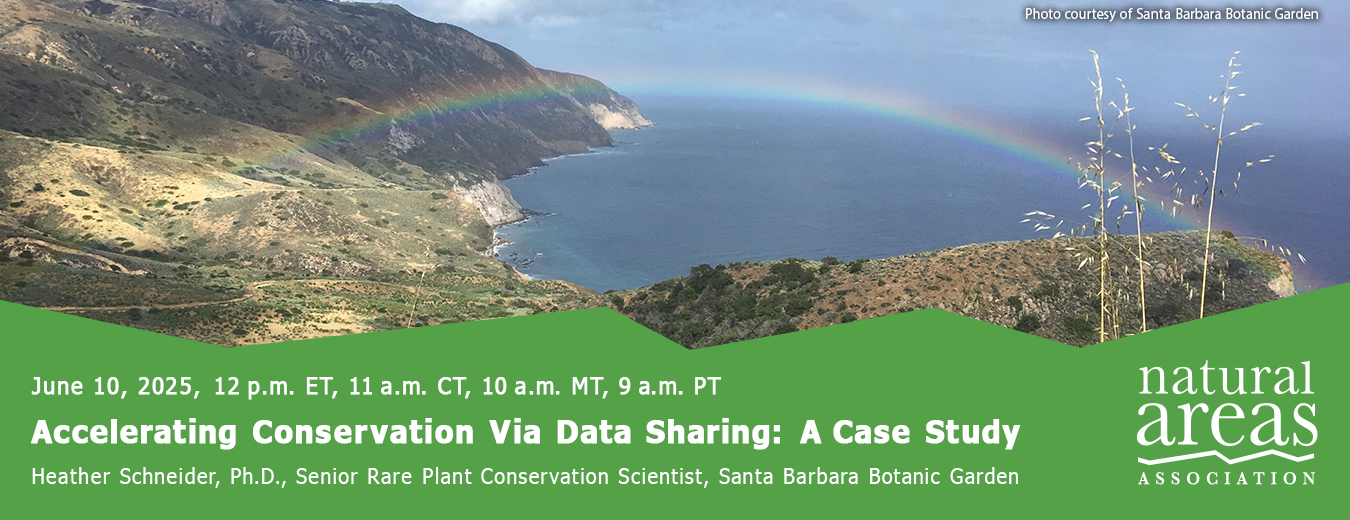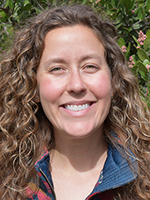
Plant conservation is inherently complex, multifaceted, and often collaborative. However, time and funding often dictate that conservation happens at the pace of grant cycles rather than over the decades required to affect meaningful change. Data sharing across regions and disciplines can accelerate conservation by opportunities for large scale analyses and prioritization exercises, as well as opportunities to learn from past efforts. Efforts to share data are often hindered by a lack of common data collection practices and sufficient systems via which to share data.
This webinar will highlight a Case Study from the California Channel Islands. With a goal of advancing collaborative conservation, we spearheaded a data sharing system for the Channel Islands off the coast of California and Baja California, Mexico. Island owners and collaborators spanning the public and private sectors agreed that data sharing is a priority for the islands. We started the California Islands Biodiversity Information System (Cal-IBIS) by gathering occurrence data for all life forms across the archipelago into an online portal and have now expanded the system to house detailed rare plant survey data.
Concurrently, we are developing field survey protocols to facilitate standardized rare plant data collection going forward. The password-protected rare plant data can be used not only by island partners, but also outside collaborators and agency partners conducting research or developing species status assessments, recovery plans and 5-year reviews. Future plans include developing a restoration and management focused node to track invasive species management and restoration trials across the islands. By sharing data and standardizing collection practices, we are moving toward more effective conservation across these unique and vulnerable islands. Cal-IBIS provides a blueprint for information sharing in other conservation regions.

Heather Schneider, Ph.D., Senior Rare Plant Conservation Scientist, Santa Barbara Botanic Garden
Dr. Heather Schneider is the Senior Rare Plant Conservation Scientist at Santa Barbara Botanic Garden. She oversees the garden’s rare plant conservation program, which includes conducting field and greenhouse research, designing and implementing conservation and recovery actions, managing the Conservation Seed Bank, and providing outreach and education focused on California’s rare plants. Prior to joining Santa Barbara Botanic Garden, Dr. Schneider earned her doctorate in botany from the University of California, Riverside, worked as an ecologist for the US Geological Survey, and was a postdoctoral scholar at the University of California, Santa Barbara.
Join the people who protect and manage our natural areas.